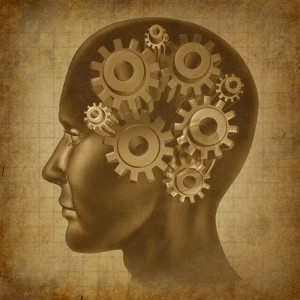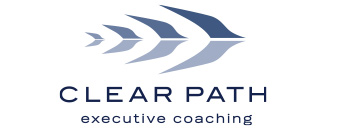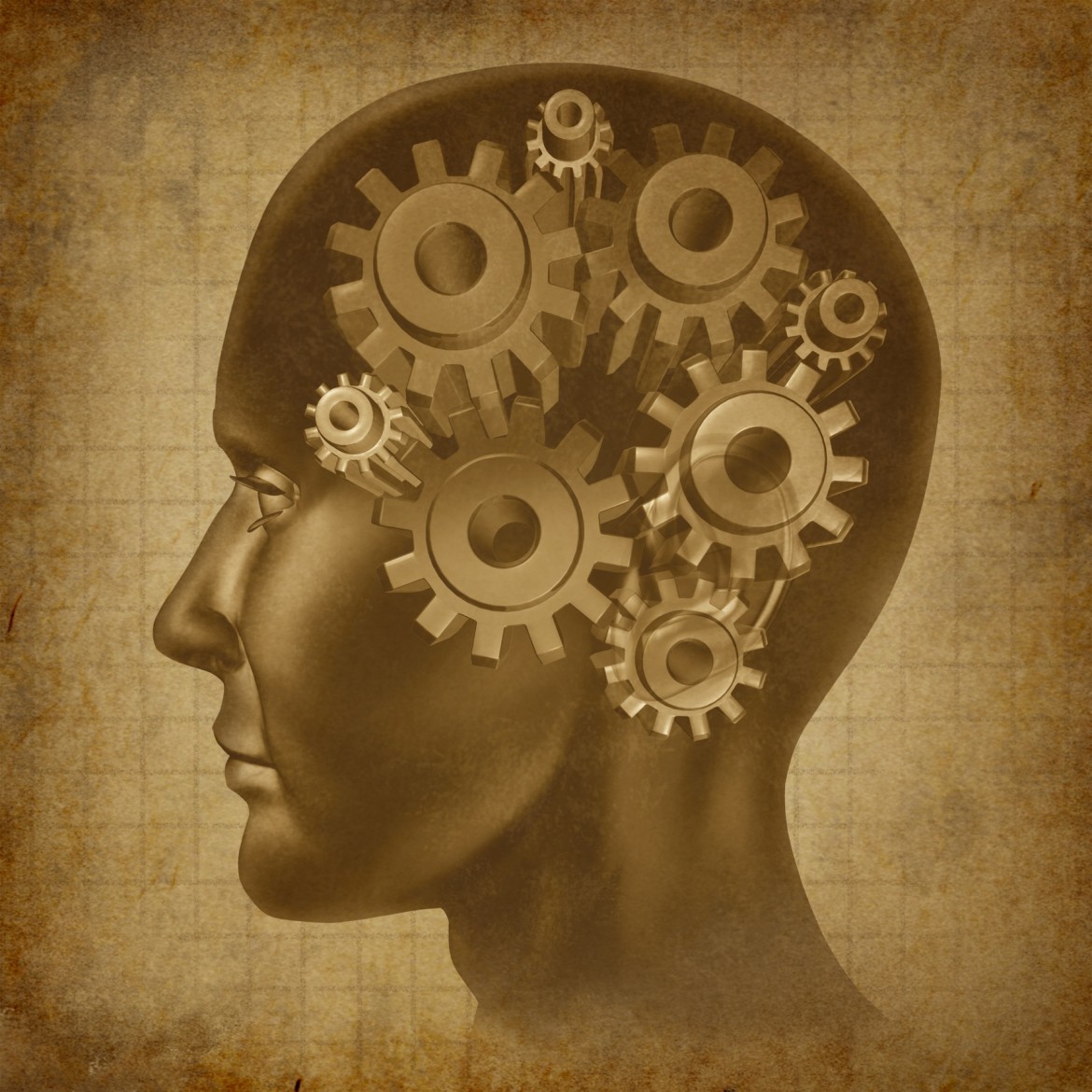 The dictionary definition of heady is exciting; exhilarating and that’s how I’d describe the 4thannual Harvard Medical School / McLean Hospital Coaching in Medicine and Leadership conference I just attended in Boston. The event was organized by The Institute of Coaching, which has – in just a few years – succeeded in knitting together a vibrant international community of practitioners, educators and researchers who share an interest in learning about and supporting the scientific foundation and best practices of coaching.
The dictionary definition of heady is exciting; exhilarating and that’s how I’d describe the 4thannual Harvard Medical School / McLean Hospital Coaching in Medicine and Leadership conference I just attended in Boston. The event was organized by The Institute of Coaching, which has – in just a few years – succeeded in knitting together a vibrant international community of practitioners, educators and researchers who share an interest in learning about and supporting the scientific foundation and best practices of coaching.
Several of the featured speakers were luminaries in their respective fields. We heard from Jim Loehr, co-founder of the Human Performance Institute; Robert Brooks, a psychologist who has written extensively about resilience; and one of the members of my fantasy “board of advisors”,Richard Boyatzis, who is currently doing some very cool research using fMRI scanners to better understand the neural networks that are activated through optimal (and sub-optimal) coaching techniques.
I attended a couple of good workshops, including one on using and fostering creativity in coaching, and another led by a team from the University of Sydney that presented its findings on the impact of coaching leaders in high-stress environments. Great networking, too – I met several interesting people who I expect to stay in touch with.
I’m still digesting all of the information I absorbed and thinking about concrete ways to incorporate what I learned into my day-to-day coaching practice. In the meantime, here are a few of the key themes that really resonated with me at the conference.
1. If you’re serious about upping your game, don’t neglect your operating system.Physical health is a critical component of overall well-being. Chronic sleep deprivation, too many donuts and not enough time in the gym = low energy. It’s a physical state that carries all kinds of obvious and hidden costs, including impaired cognitive functioning and decision-making capabilities, a depressed immune system and a diminished ability to self-regulate (i.e., another donut, please). One could also make the case, as Jim Loehr did, that the global diabetes epidemic we are all bracing for is the systemic manifestation of this collective energy crisis.
2. It’s not just what you know, but how you know. As Michael Cavanagh from the University of Sydney pointed out, by the time most senior executives reach the top rungs of the ladder, they already have most of the tools they need to do their jobs: communication skills, self-management, strategic decision making, conflict resolution, delegation. What many of them lack, however, is the mindset required to manage in an increasingly complex and fast paced environment. Or, in his words, “It’s not that they need to do something better, it’s that they need to see something bigger.”
Here’s his emotional intelligence checklist for 21st century leaders:
Robust perspective-taking capacity, which is the ability to understand, critically consider and integrate multiple competing perspectives into a bigger coherent perspective that can guide effective action. This requires an ability to be self-aware without being self-focused.
Mindfulness – the ability to observe the present moment dispassionately.
Purpose – the ability to maintain goal-directed focus.
The bad news? It’s difficult to develop all of these capabilities on your own. The good news? Coaching can provide the scaffolding required to bridge the gap.
3. We all stand on the shoulders of those people in our lives who saw, and nurtured, possibilities in us – perhaps before we even saw them ourselves. Resonant leaders are adults who foster a safe and inclusive environment and encourage positive, long-lasting change in others. It’s worth taking a moment or two to think back and jot down the names of the people who helped you develop the most over the course of your life and career. What did they do and how did it make you feel? Then, ask yourself for whom are you / will you be a resonant leader? Your partner? Your children? Your colleagues at work?
I’ll close with this excellent video, which actually kicked off the conference and was a powerful reminder that we are – all of us – capable of being extraordinary change agents:
www.youtube.com/watch









